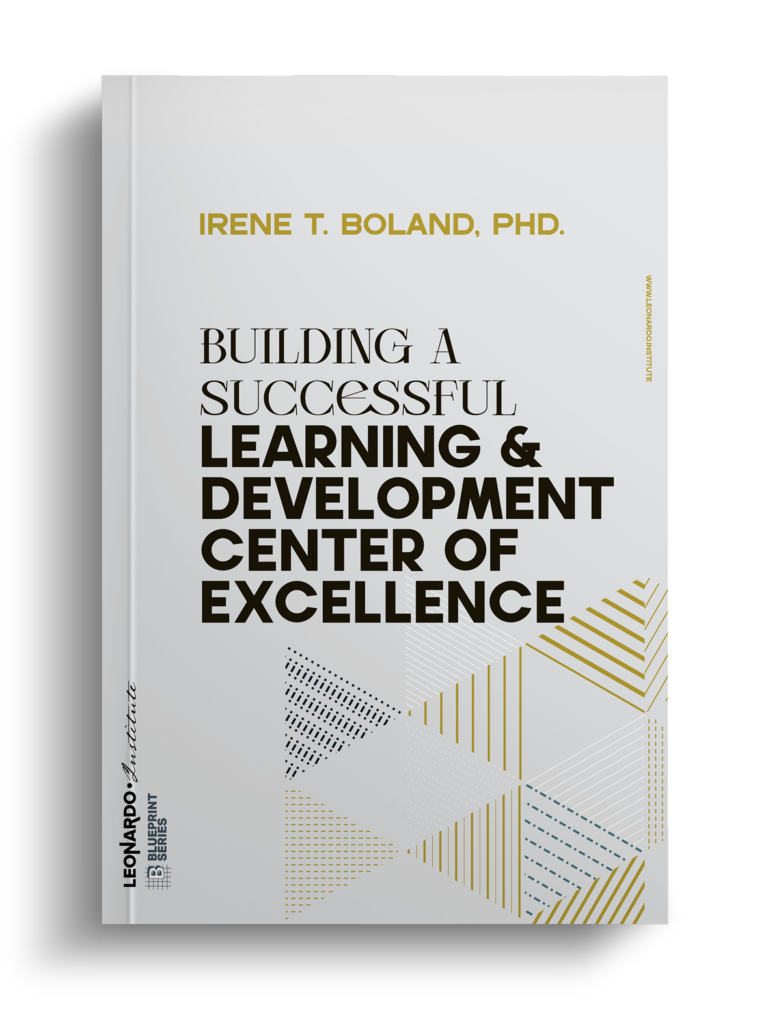Role-play, a pedagogical strategy widely recognized for its versatility across various educational contexts, stands out as a critical tool for workplace learning professionals today. Harvard has outlined the essence of role-play, its proven effectiveness in enhancing learning outcomes, and practical applications for workplace learning, drawing on research and theories in learning, psychology, and instructional design.
Exploring the Foundations of Role-Play
Role-play, as described by Rao and Stupans (2012), involves participants adopting and acting out roles in case-based scenarios to learn content or understand complex concepts. This method, deeply rooted in realistic criteria, offers a bridge to “the real thing,” enabling learners to engage directly with the material in a practical, immersive manner. The efficacy of role-play in educational settings, supported by research from as early as the 1970s, has been particularly highlighted for its alignment with the needs of today’s learners, suggesting a shift from traditional teaching methods to more interactive, experiential learning models.
Impact on Learning Domains
Extensive research has illuminated role-play’s impact across the affective, cognitive, and behavioral learning domains. By stepping into others’ shoes, learners develop empathy and perspective-taking, fostering self-reflection and awareness (Sogunro, 2004; Westrup & Planander, 2013). This experiential approach not only strengthens cognitive connections to the material, making learning more accessible, but also encourages the application of theoretical knowledge in practical settings, leading to behavioral changes and the adoption of best practices (Maier, 2002; Beard et al., 1995).
Role-Play in Diverse Educational Contexts
The versatility of role-play extends across various fields, including medicine, law, business, and psychology, showcasing its capacity to enhance practical cognitive skills, communication competencies, and even reduce racial prejudice (Aspegren, 1999; Bhattacharjee, 2014; McGregor, 1993). This pedagogical tool not only increases student engagement and knowledge retention but also serves as an effective method for teaching complex decision-making and problem-solving skills in a real-world context (Pavey & Donoghue, 2003).
Putting Role-Play to Work in Workplace Learning
For workplace learning professionals, role-play offers a dynamic avenue for addressing specific learning objectives, from enhancing soft skills to applying technical knowledge in simulated real-life situations. By thoughtfully selecting scenarios that mirror workplace challenges, professionals can use role-play to foster critical thinking, collaboration, and adaptability among employees. Furthermore, incorporating structured debriefing sessions post-role-play facilitates reflection, feedback, and the consolidation of learning, ensuring that theoretical knowledge is effectively translated into practical skills.
The Takeaway
Role-play emerges as a powerful tool in the arsenal of workplace learning professionals, capable of transforming traditional learning paradigms into engaging, impactful educational experiences. Through its application, learners not only gain a deeper understanding of complex concepts but also develop the essential skills needed to navigate the challenges of the modern workplace. As we continue to explore and implement role-play methodologies, we unlock the potential for enhanced learning outcomes, improved performance, and a more adaptive, skilled workforce.


